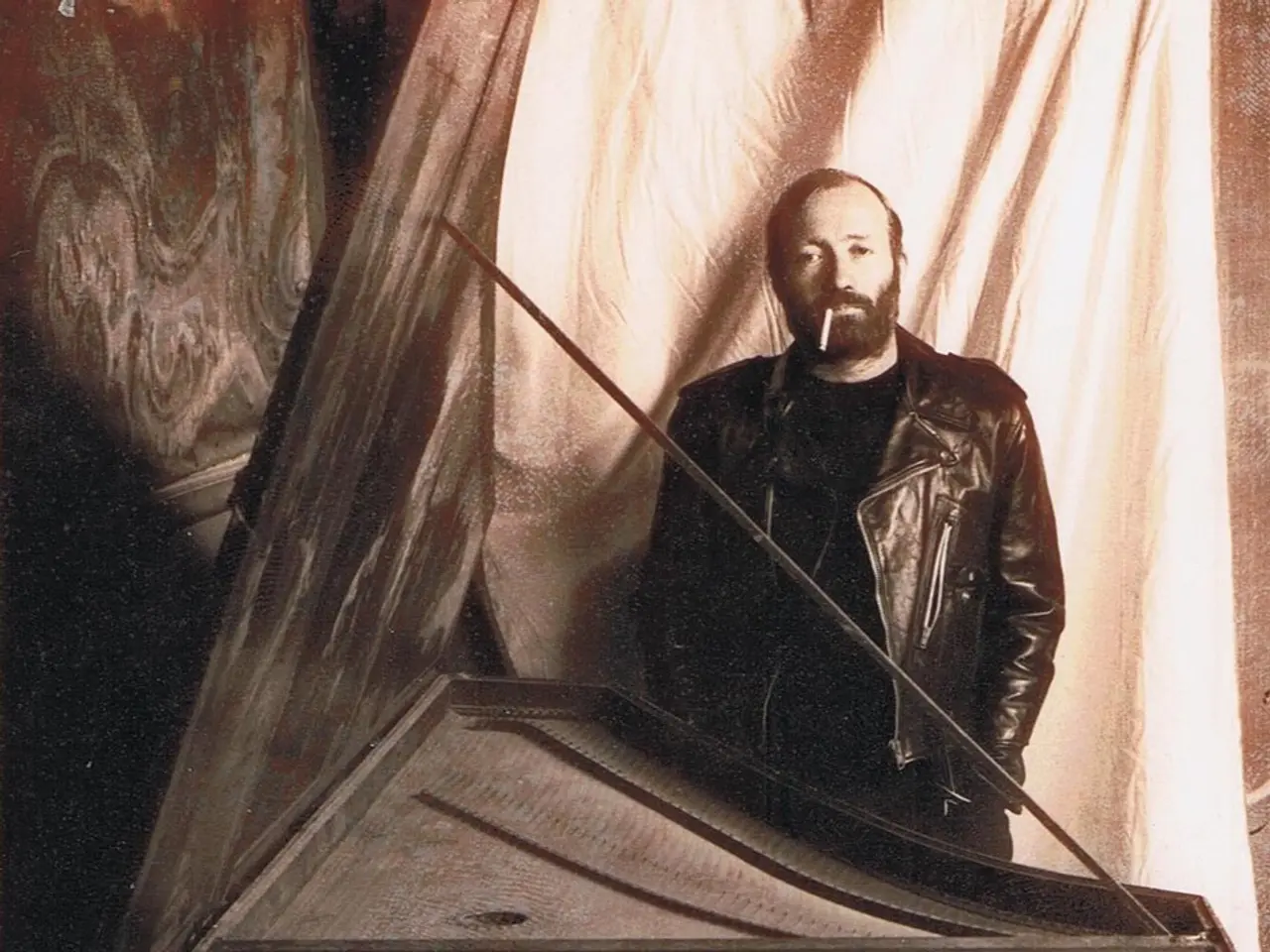Experiencing Jamais Vu: Understanding Its Nature and Distinguishing It from Deja Vu
In the intricate labyrinth of the human mind, there are moments when familiarity takes a strange turn. One such moment is known as Jamais Vu, a fascinating psychological phenomenon that leaves individuals perplexed as they encounter the familiar feeling of the unknown.
Jamais Vu, which translates from French as "never seen," is a cognitive glitch where a person encounters a familiar situation but perceives it as strange or unfamiliar. This temporary failure of the brain's recognition system can be triggered by various factors, including brain fatigue, disruptions in memory processing, stress, exhaustion, and anxiety.
The feeling of Jamais Vu is often experienced when someone is unable to recognize another person, a place, or even a word, despite others telling them otherwise or the situation seeming rationally familiar. For instance, staring at a word repeatedly may cause semantic satiation, making it lose meaning and seem strange, supporting the idea that overexposure disrupts cognitive processing.
In contrast to Jamais Vu, Déjà Vu is the false sense of familiarity with a new experience. While both are brief cognitive glitches involving the brain's memory and recognition systems, they manifest oppositely in terms of familiarity perception.
Déjà Vu arises when the perirhinal cortex and related memory regions trigger a sense of oldness or familiarity erroneously, producing a strong feeling that an event has been experienced before, even though it has not. This phenomenon has been linked to certain types of aphasia, amnesia, and epilepsy.
Interestingly, Jamais Vu is linked to epilepsy, as people with temporal lobe epilepsy sometimes experience Jamais Vu before or during seizures due to brain activity disruptions. In psychology, the phenomenon of Jamais Vu refers to when a person experiences a sensation that is unable to recognize a place, a person, a situation, or even a word, despite the fact that others tell you otherwise or that rationally it does seem familiar.
While occasional episodes of Jamais Vu are normal, frequent or intense occurrences could indicate an underlying issue. If Jamais Vu happens regularly and disrupts daily life, is accompanied by seizures, confusion, or memory loss, or occurs alongside anxiety, dissociation, or other cognitive difficulties, it may be a concern.
In 2006, a British-born psychologist named Chris Moulin presented an experimental process at a conference on memory, where he asked participants to write the word "door" more than 30 times in one minute of time. At least two-thirds of them said that the word "door" did not belong to the reality of a door, or even that it was a made-up word, demonstrating how overexposure can disrupt cognitive processing and lead to Jamais Vu experiences.
In conclusion, understanding Jamais Vu provides a fascinating insight into the complex workings of the human brain. While occasional episodes of this phenomenon are normal, it is essential to be aware of its potential indicators of underlying neurological issues. As always, if you or someone you know experiences frequent or intense Jamais Vu episodes, it is recommended to consult a healthcare professional.
The study of Jamais Vu falls under the realm of health-and-wellness and mental-health, as it reflects the intricate workings of the human brain and psychology. Frequent or intense occurrences of this phenomenon may indicate an underlying neurological issue, making it important to consult a healthcare professional for further examination.
Experiencing Jamais Vu, a cognitive glitch where a familiar situation seems strange, can be triggered by various factors such as brain fatigue, stress, exhaustion, anxiety, or overexposure to a specific word, contributing to the field of science and psychology research on memory and cognitive processing.




